Africa/ Liberia/ 24
.10.2018/ Source: frontpageafricaonline.com.
Protesters, mainly women, attired in black outfit have presented petitions to international organizations calling for justice for under-aged girls that were reportedly raped by a co-founder of More Than Me charity foundation.
The petitioners are also calling on the government to revoke the license of the American charity organization, which opened in Liberia 2011 to protect girls from sexual exploitations by offering them education.
The protest dubbed #UNPROTECTED is a reaction to a recent documentary by ProPublica also titled Unprotected. The investigative report recounts the alleged raping and cover-up of over a dozen teenagers attending the MTM funded school in Monrovia.
Thursday’s protest begin early in the morning when protesters gathered in Sinkor at the Vamoma House carrying placards and chanting anti-rape slogans like: “Uncle turn to a rapist, no more uncle, do not rape, we tired with an uncle, let uncle face justice, where is Ministry of Justice, Women and Children protection section, don’t touch my butt, don’t touch my breast I am a minor.”
The first copies of the petition were presented to Ministries of Justice, Education, and Gender and later to the Vice President Jewel Howard Taylor, who was attending an international women forum happening in Monrovia.
They also called on the Ministry of Gender Social Children Protection, House speaker Bhofal Chambers and the Vice President to take charge of the case in ensuring that the girls be tested for HIV/AIDS. They also want funds raised by MTM used to directly compensate the survivors.
The protesters then moved to the headquarters of the United Nations and also petitioned the UNDP and UN Women.
“We will appreciate that appropriate measures are taken by the Government of Liberia to prioritize and ensure the safety and well-being of these girls, which may or may not include their temporary relocation,” said Facia Harris, who read the petition on behalf of the protesters, comprising over 26 women and CSO groups.
“The prevalence of violence against women and girls in our society is enabled by the culture of impunity which continues to prevent women and girls from accessing justice,” added Harris.
“We, therefore, remind the Liberian government to use this as an opportunity to advance its commitment to Liberian women and girls and ensure adequate laws and mechanisms are in place to protect Liberian women and girls from these horrifying and inhumane experiences.”

The protesters have also slammed moves to amend the New Rape Law and call on the Legislature to expedite the passage the Domestic Violence Bill, stressing that the MTM rape scandal “highlights the critical need for improving the justice system and strengthening the legal framework to protect Liberian women and girls from violations”.
The protest comes on the second day of the SHEHERO international women forum aimed at increasing women participation and advancement in Liberia. Former president Ellen Johnson Sirleaf, former Uganda President Joyce Binda and First Lady Clar Weah are all attending along with an array of international guests.
Respond to Petition
The United Nations Development Program Pa Lamin Beyai received the petition while Vice President Jewel Howard Taylor said that President George Weah is a He for She and will address issues affecting women in the country.
At the Ministry of Justice, the Minster of codification Cllr. Nyenatee Tuan received the petition promising that his ministry will review the case file relying on recent press statement issued.
Education Minister Ansu Sonii received the ministry’s petition as he also promised to look into the petition.
Protesters were furious when Deputy Minister for Children Protection, Lydia Sherman told protesters that she has no knowledge of the case.
She was seen calling for sexual and Gender-Based violence Director Deddeh Kwekwe who was nowhere to be found.
“When this case came I was at the Ministry of Health, and later got appointed in 2014, but Ebola came I was in America.” According to her, she started work in 2015.
But MTM case was heard in 2015 when she started work and has been serving the position for three years.
Protesters described the statement by Sherman as shifting blame and failure to follow cases involving children.
“She cannot be serving as minister for children protection and up to now, she has no knowledge of the entire case. This is sheer incompetence,” said Siatta Freeman, who also expressed regret in the statement made by Minister Sherman.
Protesters: Charity should not Abuse Girls
Georgina Dahn said she joined the protest because she’s a mother of three adding that the next generation rests on their shoulders and the decision to protest determines their tomorrow.
Korte Bazzie alias Kobazzie, Liberian musician was seen with placards, he said the protest is to show to the international community that Liberia accepts charity but charity should not use their works to abuse underprivileged girls.
The petition also highlights the following concerns:
• To appoint a Trustee(s) to take More Than Me (MTM) Academy inaugural school on Ashmun Street which is at the center of these allegations. This should include relocation of the school given circumstance around ownership and the stigma associated with the current coverage.
• To re-assign all nineteen (19) public schools under the management of MTM Academy in the LEAP program.
•To demand the establishment of an Independent Trust of funds raised by MTM to cover school fees, uniforms, feeding, transportation, stipend, and or medical costs for all the students at MTM Inaugural School through their graduation from high school. A selected Liberian Woman Organisation should administer the fund with oversight from the trustee(s).
• The release of the selection process for the contracting of MTM under the “Partnership for School” Program (and now as LEAP) with the Ministry of Education in 2016 and 2018, respectively.
• To institute healthcare and psychosocial counseling for all the students under More Than Me (MTM) from its After School Program to the establishment of its inaugural school up to present, fully covered by MTM.
•An independent audit report of MTM financial activities in Liberia since 2013.
•An independent investigation to review the activities of More Than Me (MTM) in Liberia, from its After School program in 2011 to present, in order to determine the full scope and magnitude of the organization’s activities in regards to the safety, security, and welfare of these girls under their care.
• To demand that More Than Me (MTM) makes available key documentation as part of an investigation to ascertain what actions were taken by MTM and its Board to curb further exposure of these girls to danger. The documentation should include but not limited to:
• To institute an Oversight Committee to ensure the roll-out and the implementation of the Sexual Exploitation and Abuse Policy (SEA) for NGOs, INGOs and all public and private education institutions.
• The resignation of the Director of the SGBV Crimes Unit of the Ministry of Justice, Cllr. John A.A. Gabriel and Tenneh Johnson, a staff of the said unit. We no longer have the confidence and trust that they will and can continue to enact their duties in a fair, objective and committed manner.
Source of the notice: https://frontpageafricaonline.com/news/liberian-women-lead-protest-against-reported-serial-rape-of-teenage-girls/
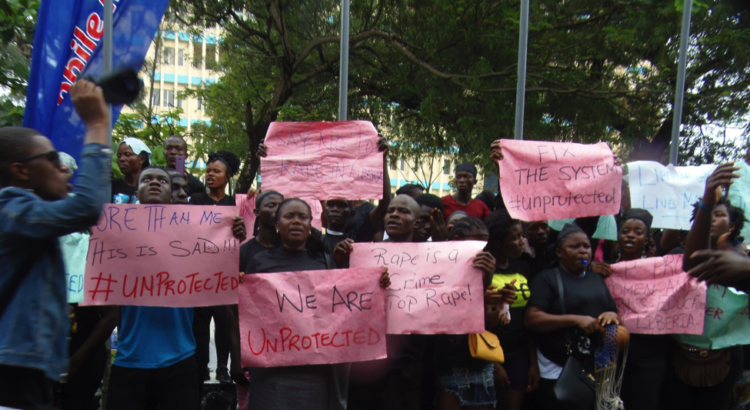


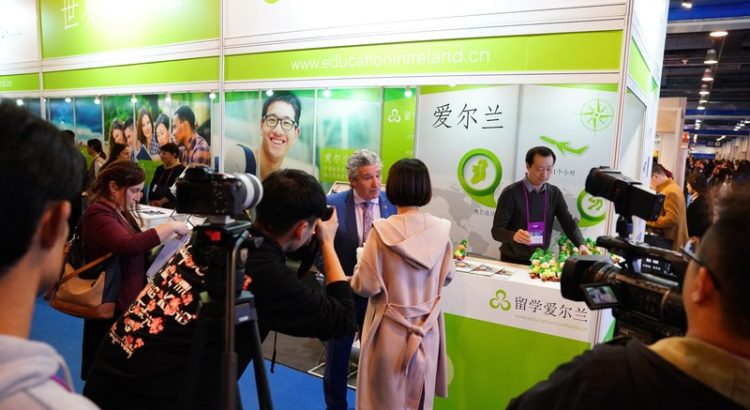
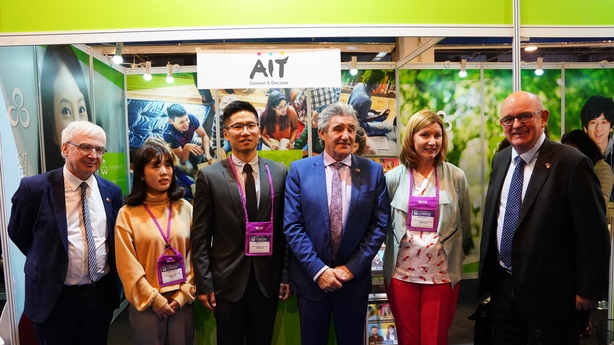
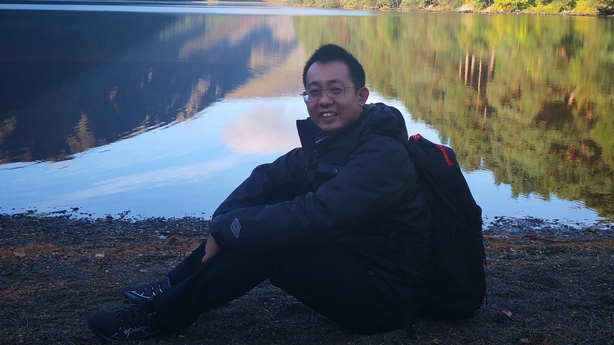
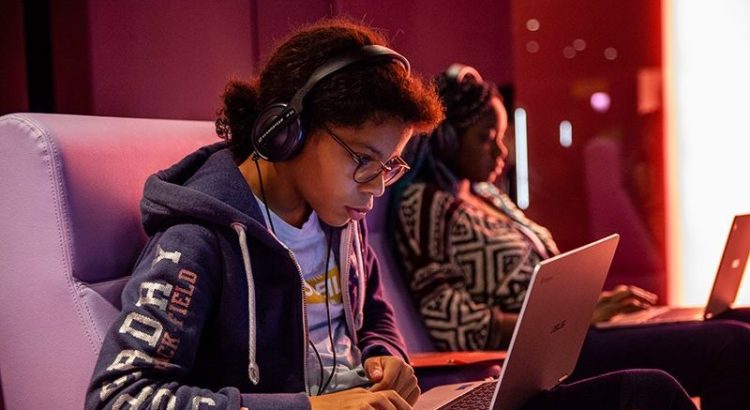
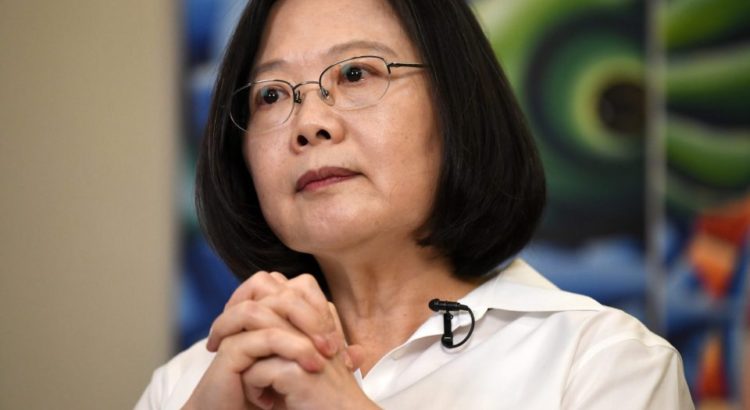
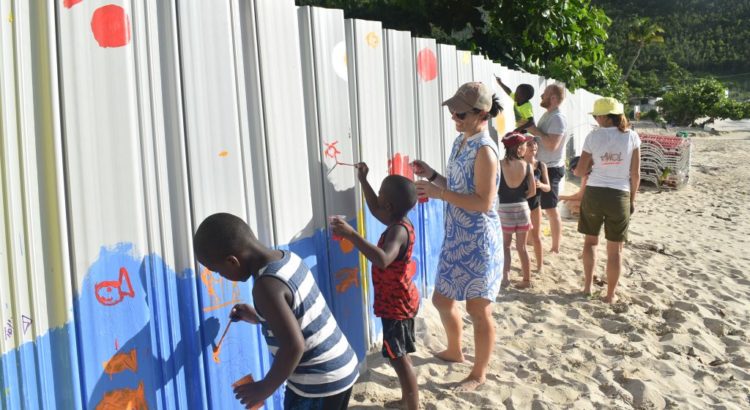







 Users Today : 7
Users Today : 7 Total Users : 35460216
Total Users : 35460216 Views Today : 10
Views Today : 10 Total views : 3418905
Total views : 3418905